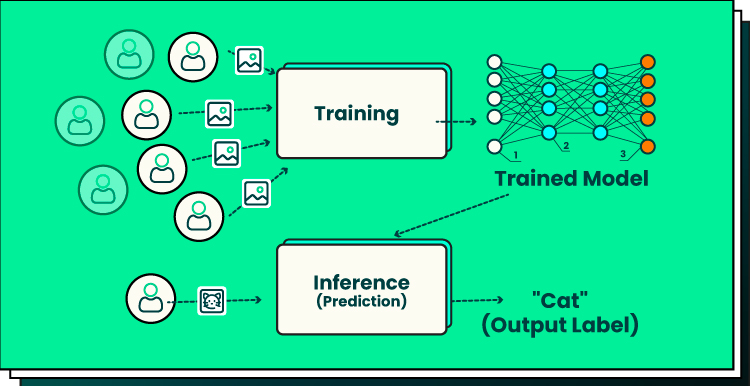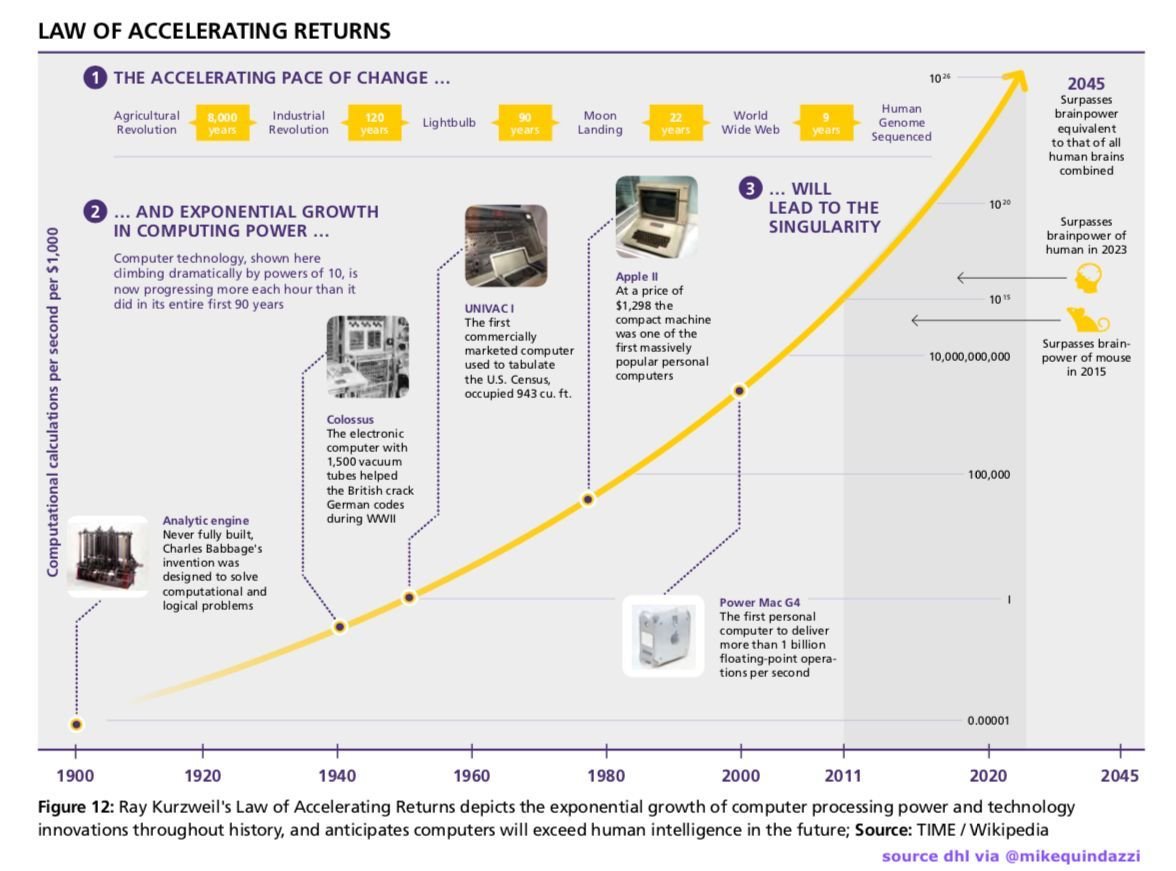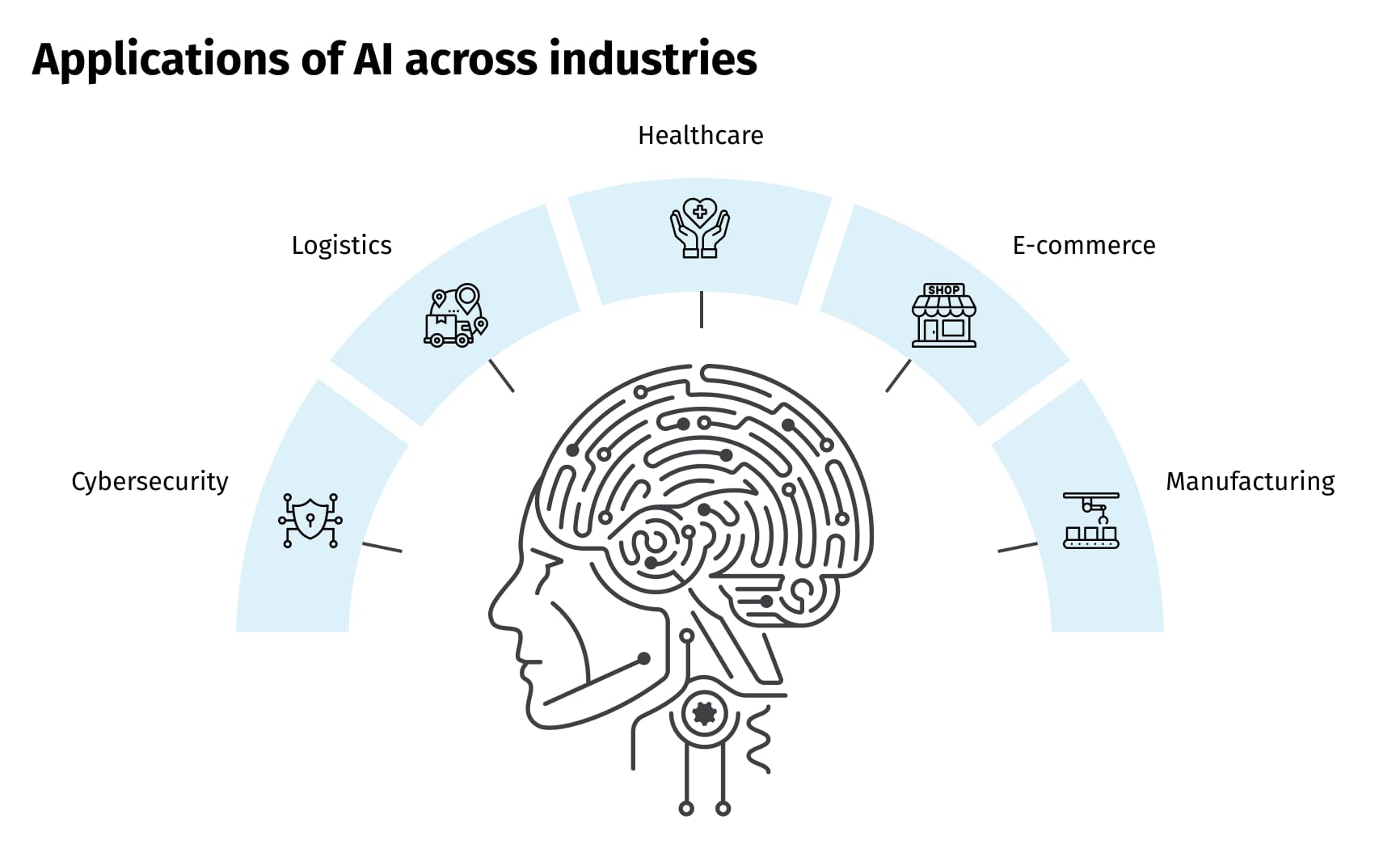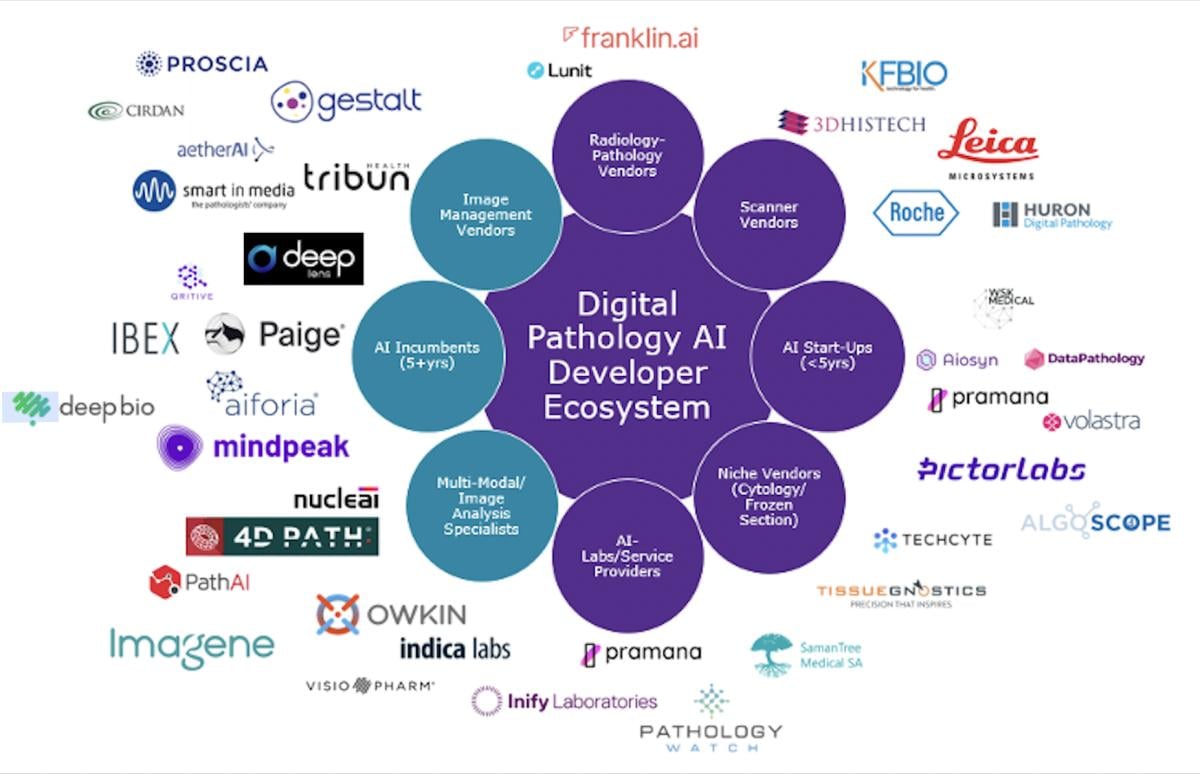
The AI Arms Race: China’s Quest for Supremacy
The recent launch of GPT-4o, the latest large language model by OpenAI, has sent shockwaves across the globe. This multimodal LLM has surpassed its predecessors in vision and audio understanding, making human-machine interaction more natural and efficient. However, this breakthrough has also sparked concerns about ethics, copyright protection, privacy, and data security.
 AI models are revolutionizing human-machine interaction
AI models are revolutionizing human-machine interaction
Chinese experts believe that the key to gaining an edge in the global AI race lies in improving computing power and algorithms, as well as accumulating high-quality training data. Pan Helin, a member of the Ministry of Industry and Information Technology’s Expert Committee for Information and Communication Economy, emphasized the need for Chinese tech companies to beef up independent innovation abilities in underlying computing power chips and programming software.
 Computing power is crucial for AI development
Computing power is crucial for AI development
The launch of GPT-4o has also sparked a sense of urgency among Chinese companies, which are scrambling to roll out their own AI-powered LLMs. Alibaba Cloud has unveiled Tongyi Qianwen 2.5, which has surpassed OpenAI’s GPT-4 Turbo model in capabilities. iFlytek has announced that its upgraded LLM has outperformed GPT-4 Turbo in metrics, including language understanding and math. Baidu has also claimed that its latest LLM version, Ernie 4.0, is on par with GPT-4.
 AI applications are diverse and far-reaching
AI applications are diverse and far-reaching
Despite the progress made by Chinese companies, experts believe that China still lags behind the U.S. in basic AI research, chips, algorithms, and innovation ecosystem. Wang Peng, a researcher at the Beijing Academy of Social Sciences, emphasized the need for Chinese enterprises to pool more resources into improving data quality, optimizing algorithms, cultivating AI talent, and expanding cooperation with leading international AI companies.
 Building a robust AI ecosystem is crucial for success
Building a robust AI ecosystem is crucial for success
As the AI race intensifies, China must make more efforts to encourage the application of AI in industries, boost the development of the AI sector, and formulate rules and regulations to ensure the healthy development of the technology.
 The future of AI is bright, but requires careful planning
The future of AI is bright, but requires careful planning
In conclusion, the launch of GPT-4o has marked a significant breakthrough in the AI domain, but it has also highlighted the need for China to step up its game in AI research, innovation, and application. As the global AI race heats up, China must prioritize independent innovation, data quality, and international cooperation to stay ahead of the curve.
 Innovation is key to success in the AI race
Innovation is key to success in the AI race















